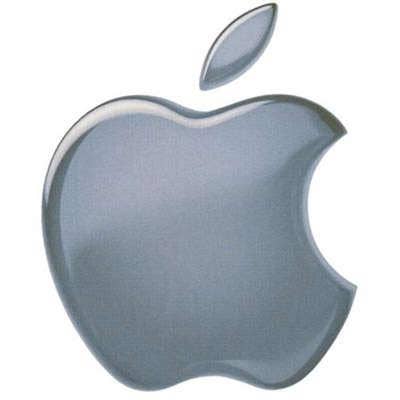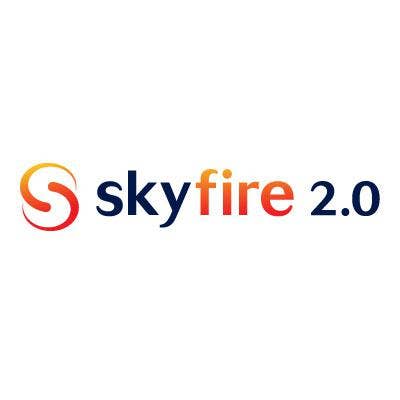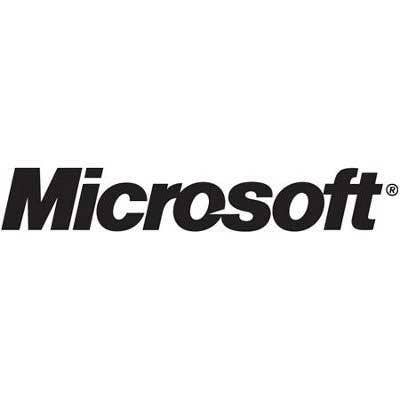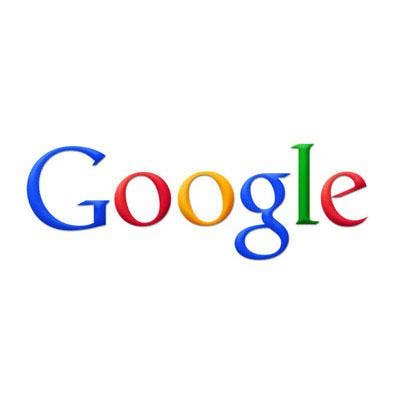Five Companies That Dropped The Ball This Week

Apple Remains Tight-Lipped On MacBook Air Bugs
Apple's new MacBook Air notebooks aren’t cheap, so you'd expect the company to be a bit more forthcoming about technical glitches affecting the product. But as of Thursday afternoon, Apple had yet to issue a public confirmation of issues affecting the MacBook Air display.
There are apparently two separate issues, one that's causing MacBook Air screens to flicker or show horizontal lines after waking from sleep, the other that's causing screens to repeatedly fade from light to dark, also after waking from sleep. This information comes from a purported leaked internal Apple memo, which also says a software fix is on the way.
The MacBook Air is a jaw-droppingly beautiful from a design standpoint, but Apple's lack of communication in this case isn't going to win it any customers.

Verizon Makes Customers An Offer They Can't Refuse
Verizon Wireless next week will start pushing a software update to customers using the HTC Droid Incredible that pre-installs apps from V Cast, the carrier's very own app store.
Verizon says the update will include "software enhancements", which may or may not be a euphemism for the annoying software trials and other promotional garbage the carrier is able to cram onto customers' smartphones due to the "openness" of Android.
"We said earlier this year that we'd be expanding V CAST Apps to the Android platform, and the DROID Incredible is the first Android phone with the store. Developers continue to submit apps, and as a reminder, V CAST Apps allows carrier billing, so customers who purchase applications through our store will see those charges on their monthly bill," Verizon said in a statement.
Oh goody -- more bloatware that will most likely require Verizon customers to root their devices in order to remove it! Doesn't the Google Android Market offer enough apps?

Skyfire Brings Flash To iPhone, But 'Sells Out'
Steve Jobs' visceral loathing of Adobe Flash has kept the technology out of the reach of iPhone users. But Skyfire's launch this week of a $2.99 iPhone browser that supports Flash was met with such intense customer demand that Skyfire's servers weren't able to keep up with demand. As a result, Skyfire pulled the browser from the App Store, but not before issuing a press release heralding the "historic demand" for its iPhone browser.
In the release, Skyfire noted that its decision to halt sales of the browser wasn't made at Apple's behest. Skyfire says it's "dedicated to using cloud computing to improve multimedia experiences on mobile phones". And yet, the company "sold out" of its iPhone browser inventory in just five hours. Skyfire says it's working on adding server capacity, but offering no time frame for when the app will again be available.

Microsoft Dangles Red Cape In Front Of Antitrust Bulls
Microsoft is offering its free Security Essentials antimalware product to U.S. customers through Microsoft Update. As noted by ZDNet, security vendors are paying close attention to this sort of bundling and Microsoft may well find itself in the crosshairs of antitrust authorities because of it.
For Microsoft, which is spreading its wings and chirping loudly in cloud computing, an antitrust over free security software wouldn't be an ideal scenario. It's hard to imagine what Microsoft will gain from bundling Security Essentials with Microsoft Update, unless the company thinks it's better equipped to keep Windows PCs free of malware than the larger security industry.

Google Gets All Litigious In Cloud Battle With Microsoft
Google this week filed a lawsuit against the U.S. Department of the Interior on the grounds that the government agency favored Microsoft BPOS in a $59 million email and collaboration cloud software deal. Google, along with reseller partner Onix Networking allege that the Department of Interior's request for a quote excluded Google and specifically called for Microsoft's BPOS suite.
Does this sound whiny to anyone else? Google and Microsoft have been jockeying aggressively for government cloud deals, and that battle looks to be pretty even at this point with both sides having secured high profile wins.
Google's lawsuit will only give Microsoft fodder for claiming that it's getting the upper hand in this fight. Plus, suing the government probably isn’t the best course of action when you're a company that, you know, is trying to court more government customers.